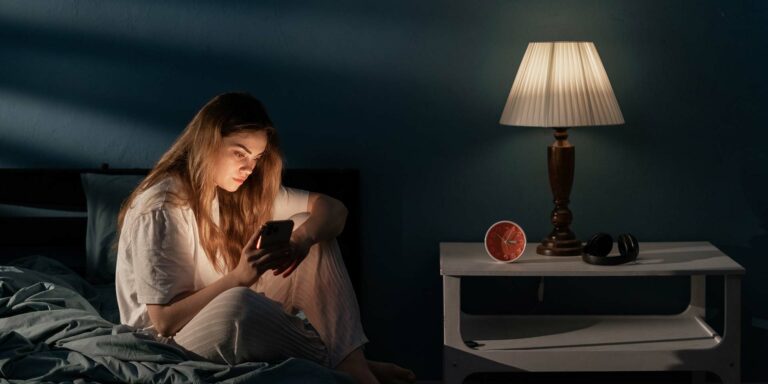That being said, the following three statements should hopefully be relatively uncontroversial.
1) Video games don’t cause addiction in the same way that substances such as caffeine, alcohol, and nicotine do. There’s no specific chemical component to playing games beyond the standard chemicals your brain releases when it gets a reward.
2) However, video games do have aspects that make it difficult to stop playing. Time-limited events, random loot drops, and the tendency of games to become an integral part of our identity are just some of the contributors.
3) As a result, it is easy to develop problematic habits and patterns of behaviour when it comes to video games that can affect one’s ability to engage in professional, academic, social, and recreational pursuits that make life fulfilling.
There is no magic number that represents addiction when it comes to games – it depends on the impact that playing games has on your life. If it takes precedence over relationships, other life interests and daily activities, if it persists in the face of clear negative consequences, and if it feels like you need rather than just want to play, then it might be a problem. However, just because gaming carries risks, it doesn’t mean that games don’t also have significant benefits, or that we can’t have a healthy relationship with them. Here are some tips to help ensure exactly that.
Tip #1: Limit your video game use before bed.
Video game use directly before bed can have a significant impact on your overall sleep time and sleep quality. Competitive games especially, but also video games in general, demand your attention. If you’re not alert and focused, you’ll perform poorly. As a result, you need time to switch off and return to baseline before attempting sleep, or the adrenaline and alertness could make that sleep significantly more difficult. In addition, the bright light produced by video games can delay your brain’s production of melatonin, further delaying sleep, and making it less satisfying when it does occur. It’s a good idea to stop gaming 60-90 minutes prior to bed in order to give your brain time to switch off.
Tip # 2: Keep certain areas of the house game-free.
Our brains are constantly forming links and connections between thoughts, feelings, activities, and locations. As a result, if you’re playing games in the same place as you’re trying to sleep, work, or study, it’s easy for those wires to get crossed. This can make it hard to switch off or focus on work, but it can also mean that when you are playing games, your mind might continually be drawn back to work matters, limiting your enjoyment of an otherwise fun activity. In order to prevent this, it’s best to have a set space for recreation which is separate from the space you use for rest or for work.
Tip #3: Try to build a diverse sense of identity beyond gaming.
There’s nothing wrong with our hobbies forming an important part of our identity. Interests are important and can be a valuable source of connection. However, when any hobby becomes far and away the most important part of who you are, you’re playing with fire – no matter what that hobby is. If gaming is the central part of your identity, what happens if your favourite series goes in a different direction? If you have to take a break? If you stop enjoying it? It can feel world-shattering. A resilient sense of identity is one that’s diverse, and contains multiple hobbies, interests, skills, social connections, or causes. Expanding the list of things that make you who you are to go beyond video games will make your identity more stable, more resilient, and more fully rounded.
Having addictive components doesn’t make video games bad, but they are something we need to be aware of. If you find yourself getting caught up in a cycle of addictive behaviour, getting help from a qualified professional can help you get back to that healthy relationship with games. Then you can enjoy the benefits that relationship brings – the fun, the engagement, the social connection, and the artistic fulfilment – and you can play games because you want to, not because you need to.




